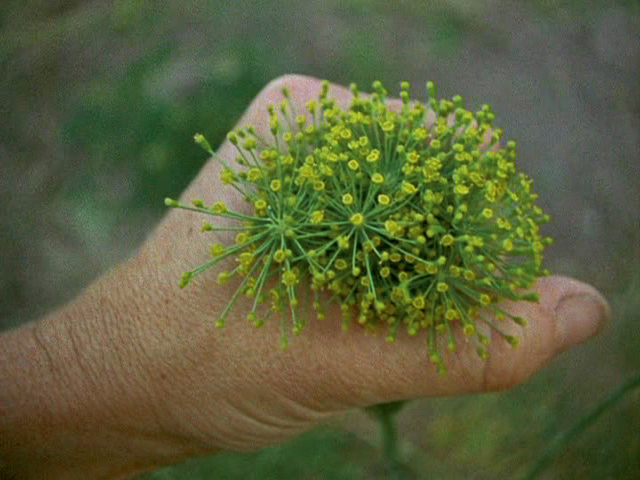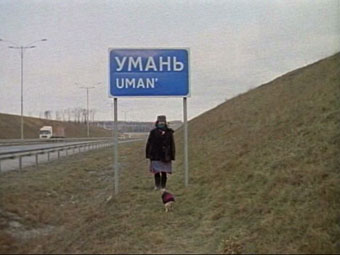Profile: Naomi Uman
“I am an experimental filmmaker. My non-fiction films draw from personal experience. I live with my subjects for long periods of time, often waiting to film or record sound until I have become integrated into a community or a family. I had lived with a family of immigrants, both documented and undocumented, for a period of almost a year before making a film that was unflinching in its portrait of their lives. This film, which turned a critical eye on the subject family and the situation which creates this separate and unequal world in which they live within the United States, caused the public to question my right as a filmmaker to criticize people whose status as immigrants was a status that I had never experienced myself. Taking this to heart, I decided to embark on my own immigration.” (NU)

